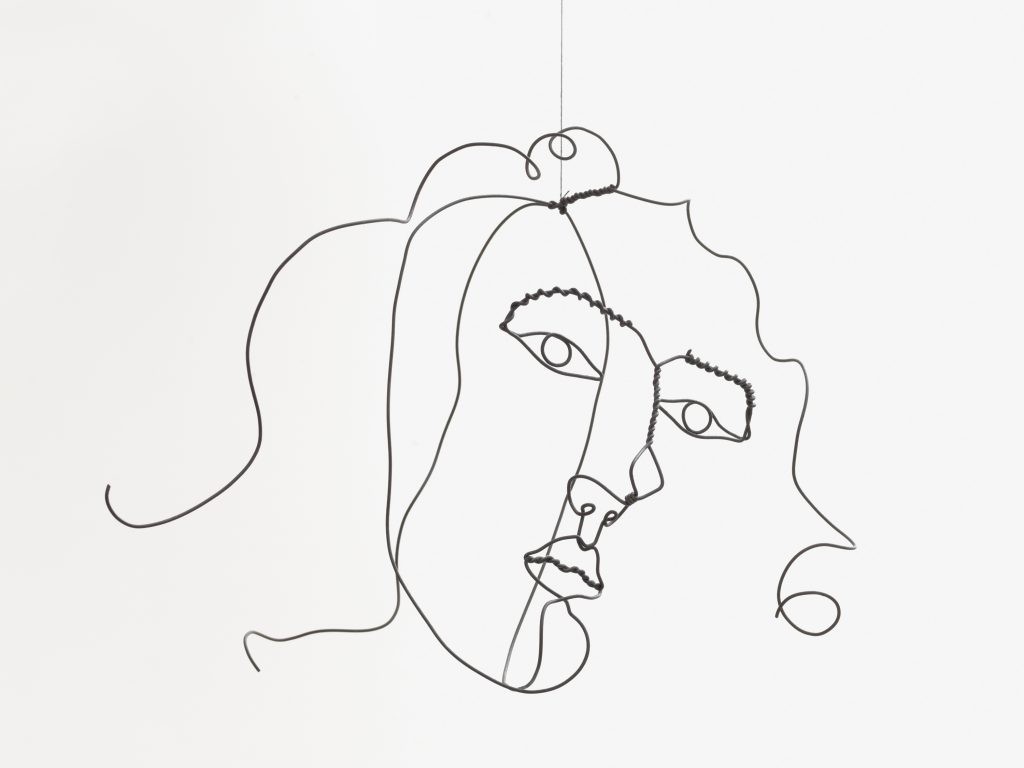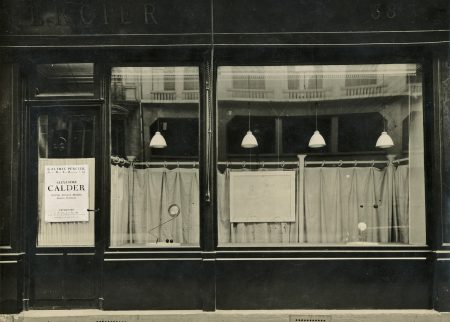


Galerie Percier, Paris. Alexandre Calder: Volumes–Vecteurs–Densités / Dessins–Portraits. 27 April–9 May 1931.
Solo ExhibitionSolomon R. Guggenheim Museum, New York. Alexander Calder: A Retrospective Exhibition. 6 November 1964–31 January 1965.
Solo ExhibitionMusée National d’Art Moderne, Paris. Calder. 8 July–15 October 1965. Originated from the Solomon R. Guggenheim Museum, New York.
Solo ExhibitionFondation Maeght, Saint-Paul-de-Vence, France. Calder. 2 April–31 May 1969.
Solo ExhibitionPalazzo a Vela, Turin, Italy. Calder: Mostra retrospettiva. 2 July–25 September 1983.
Solo ExhibitionNational Gallery of Art, Washington, D.C. Alexander Calder: 1898–1976. 29 March–12 July 1998.
Solo ExhibitionMusée National d’Art Moderne, Centre Georges Pompidou, Paris. Alexander Calder: les années parisiennes 1926–1933. 18 March–20 July 2009. Originated from the Whitney Museum of American Art, New York.
Solo ExhibitionTate Modern, London. Alexander Calder: Performing Sculpture. 11 November 2015–3 April 2016.
Solo ExhibitionMusée Picasso, Paris. Calder-Picasso. 19 February–25 August 2019.
Group ExhibitionSoon after moving to Paris in 1926, Calder created his Cirque Calder. Made of wire and a spectrum of found materials, the Cirque was a work of performance art that gained Calder an introduction to the Parisian avant-garde. He continued to explore his invention of wire sculpture, whereby he “drew” with wire in three dimensions the portraits of friends, animals, circus themes, and personalities of the day.